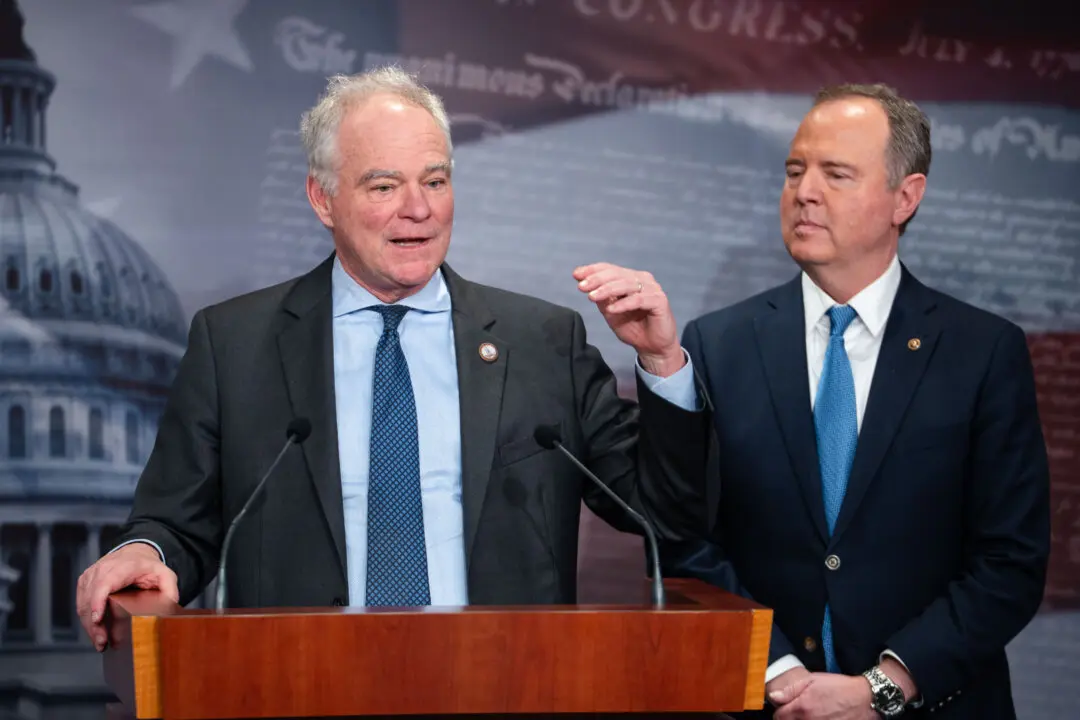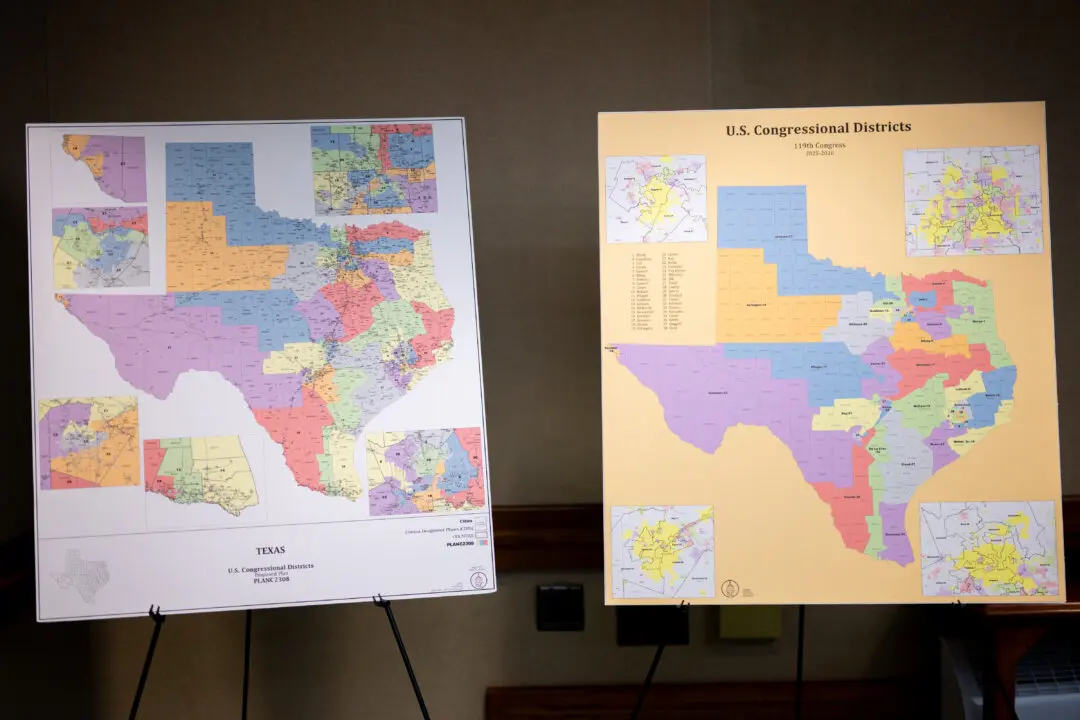Alaskan lawmakers, a former interior secretary, and environmental activists are reacting by turns with condemnation and praise for a federal judge’s decision to vacate approval for ConocoPhillips’s Willow Project in the National Petroleum Reserve of Alaska (NPR-A).
U.S. District Court Judge Sharon Gleason’s Aug. 18 ruling on the project, which was expected to produce over 100,000 barrels of oil per day and thousands of jobs, cited insufficient calculations of greenhouse gas emissions and inadequately specific mitigation measures for polar bears, among other factors.





